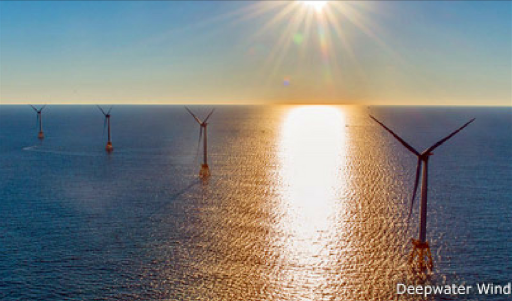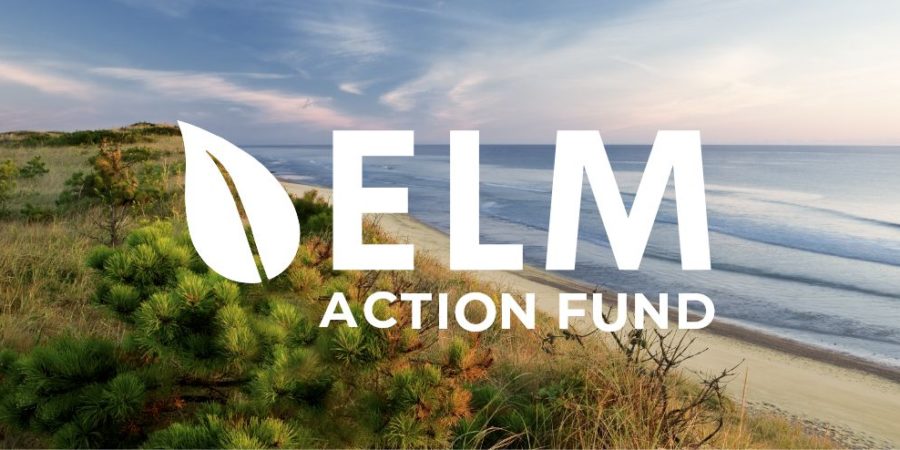Boston- Since the passing of legislation back in 2016 that authorized the state’s utilities to procure up to 1,600 MW of offshore wind power, the big question has been what will this do to our electric rates? We recently learned the answer: electric rates will go down. According to a filing made by the Department of Energy Resources, the first 800 MW offshore wind project will result in a 0.1% to 1.5% reduction in our monthly electric bills.

The Environmental League of Massachusetts and the National Wildlife Federation have long advocated for the responsible development of renewable energy resources like offshore wind to hasten the transition away from our fossil fuel based electricity system. The 800 MW project proposed by Vineyard Wind and selected by the utilities via competitive process earlier this year will result in a reduction of about 4.9 million metric tons of CO2 equivalent. The project will also create about 3,600 jobs in Massachusetts.
It now appears that Vineyard Wind will deliver both these environmental and economic benefits at a very reasonable price. According to today’s filings, the utilities have agreed to pay 6.5 cents per KWh for the energy and renewable energy credits (REC). If the utilities were to purchase this power and the RECs in the wholesale market, the state projected that cost to be about 7.9 cents per KWh.
“This is fantastic news. The future of offshore wind is bright and we are happy to see it happen here in the Bay State,” said Eric Wilkinson, General Counsel and Director of Energy Policy at the Environmental League of Massachusetts. “Massachusetts is leading the way to a clean energy future that is good for the economy, good for the environment, and good for ratepayers.”
“These numbers offer an extremely promising signal that offshore wind power can be at the core of a clean and prosperous energy future for Massachusetts. A true energy transformation is finally within reach, and we look forward to working with the Baker Administration and offshore wind industry leaders to ensure that all projects built to power the Commonwealth are developed responsibly with strong protections in place for our coastal and marine wildlife, including the critically endangered North Atlantic right whale,” said Catherine Bowes, Offshore Wind Energy Program Director at the National Wildlife Federation.
